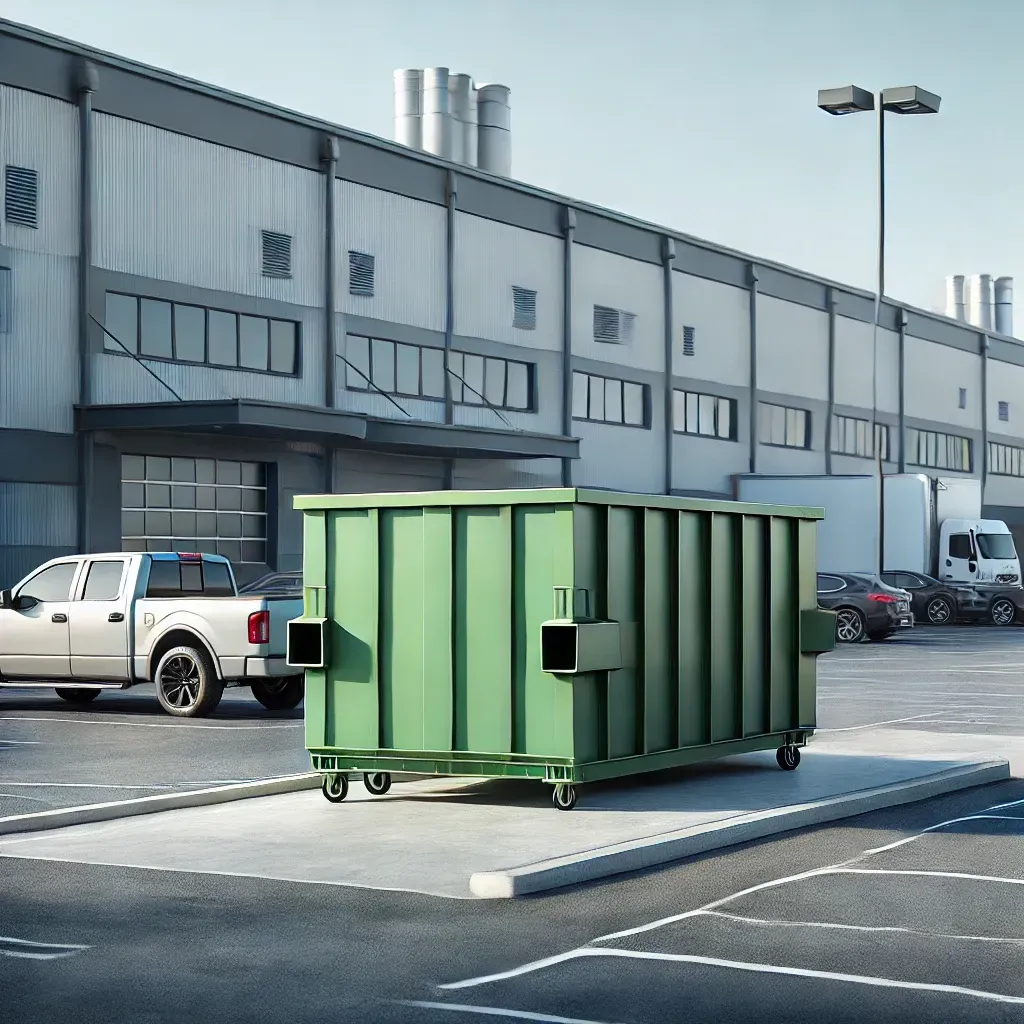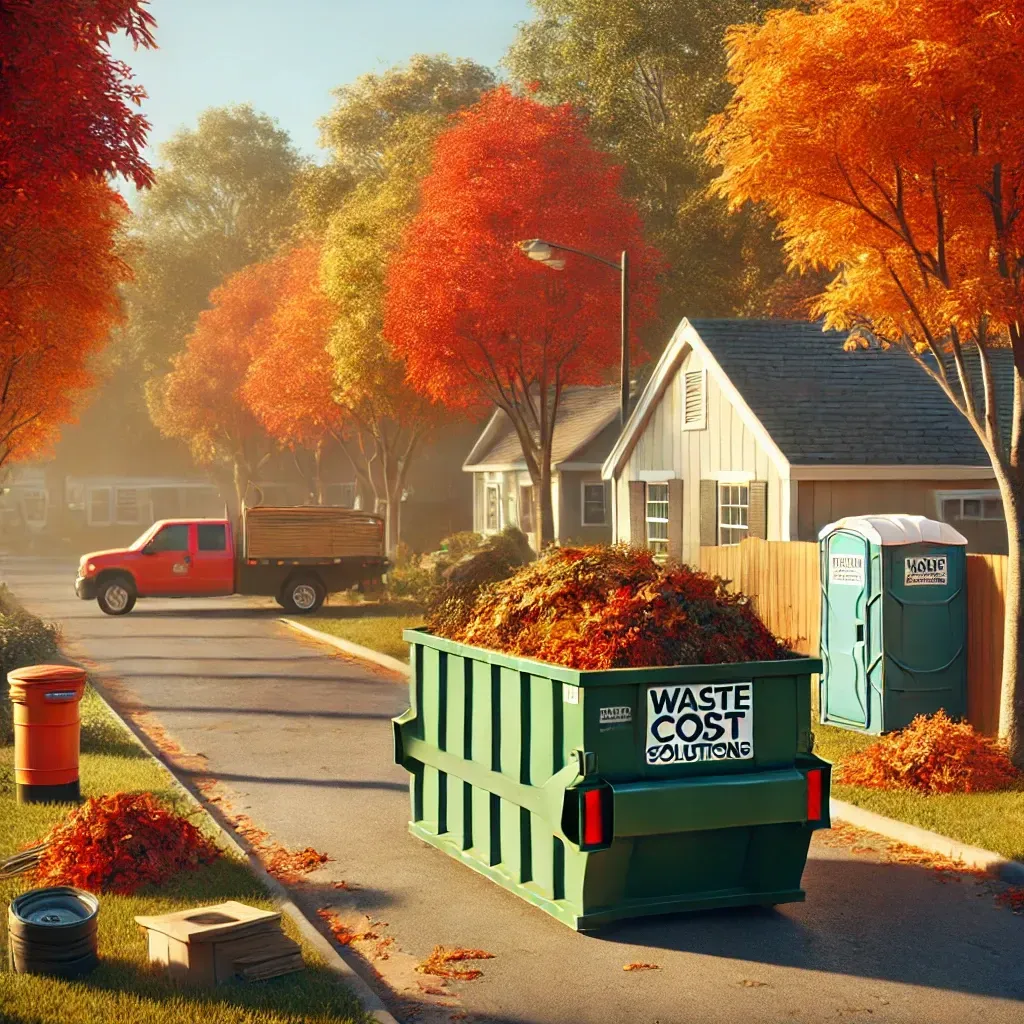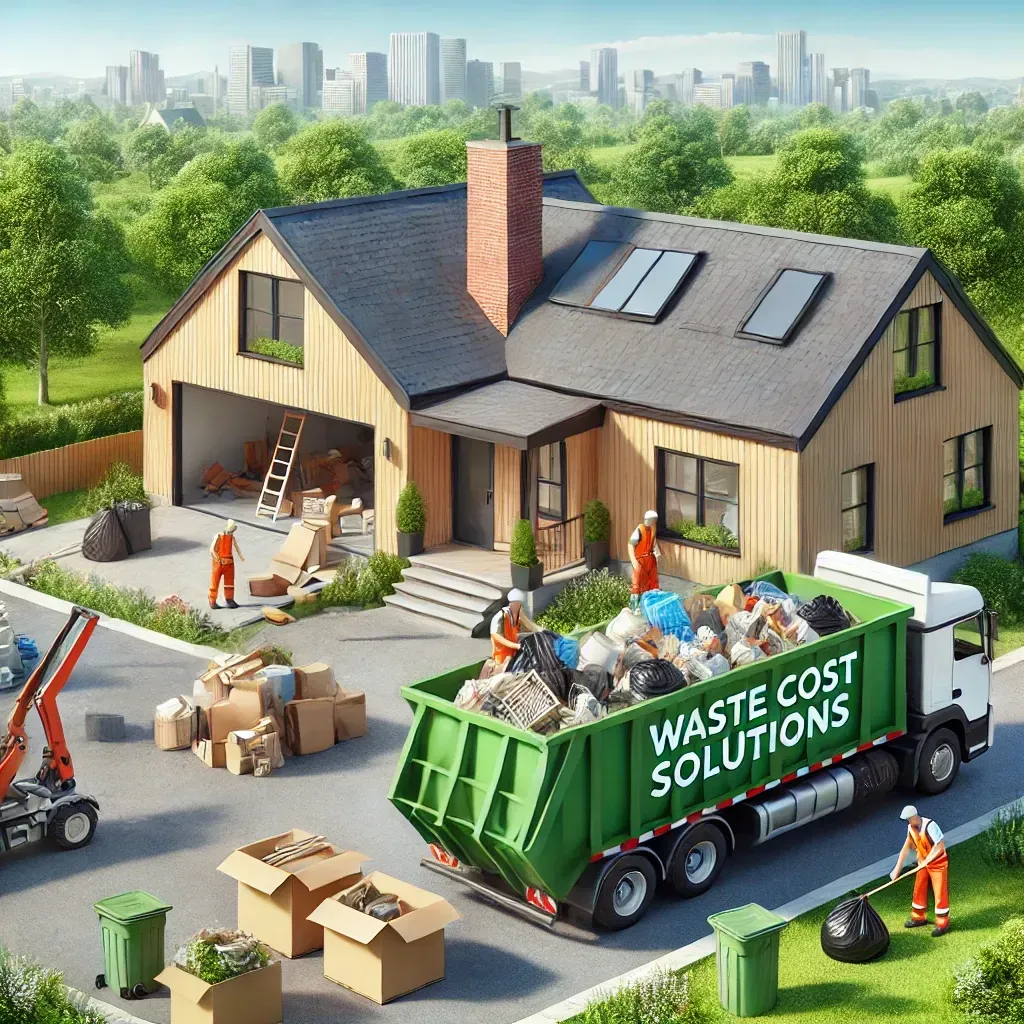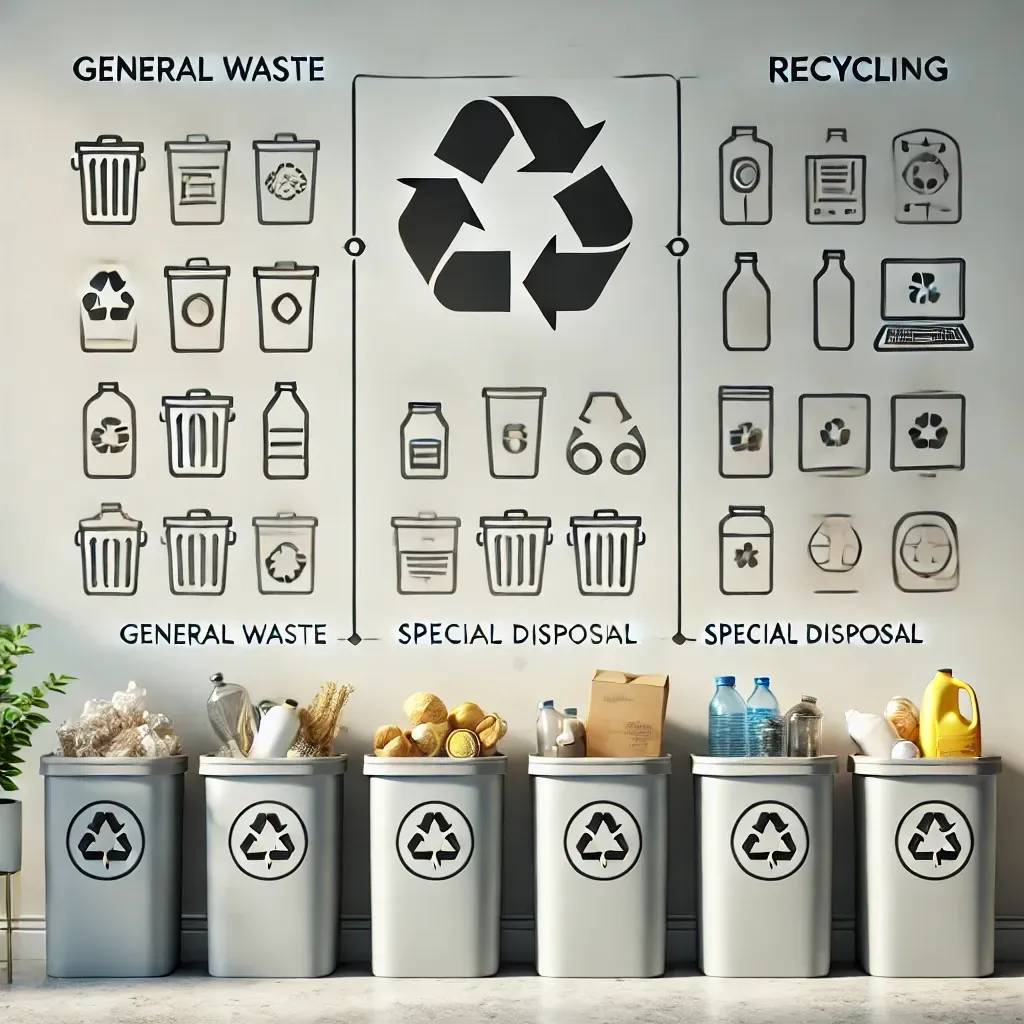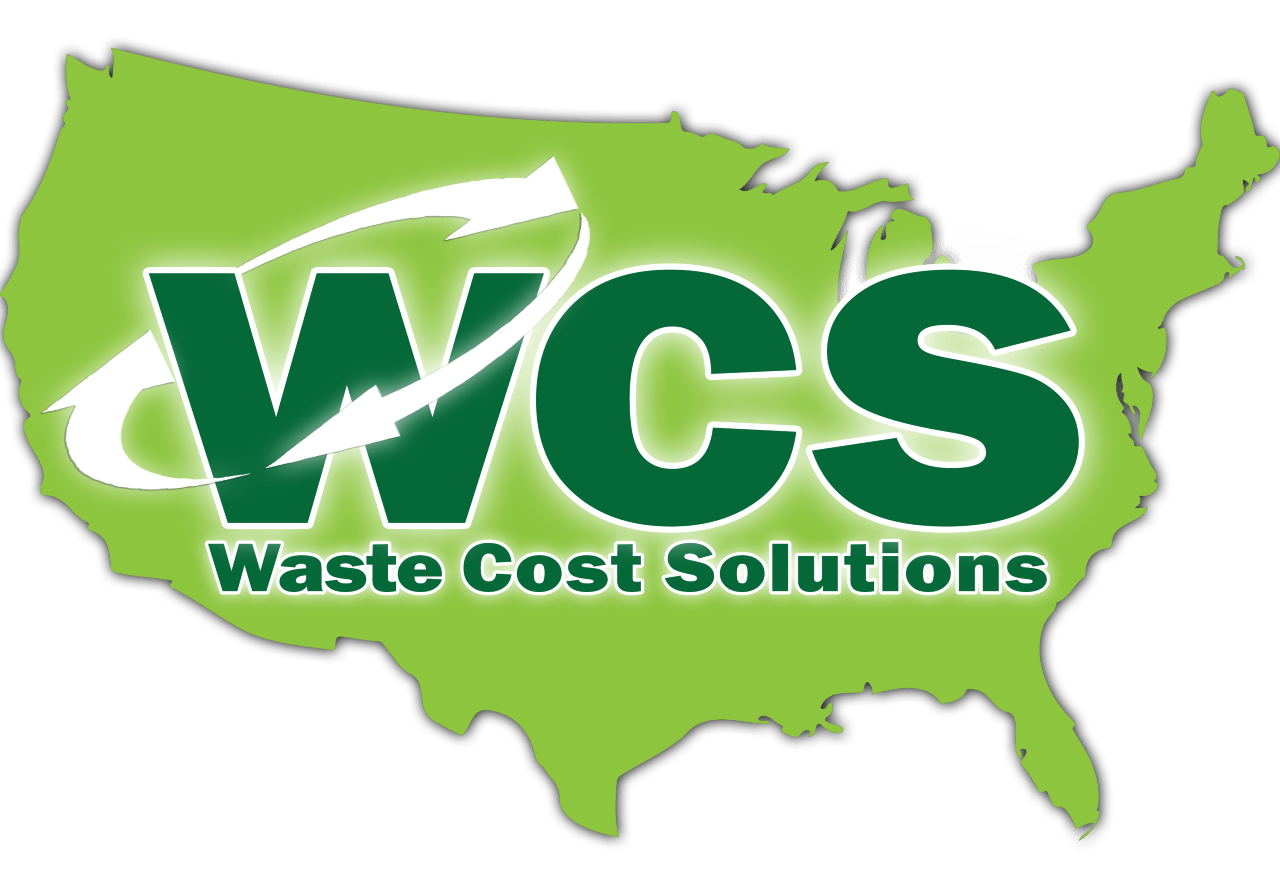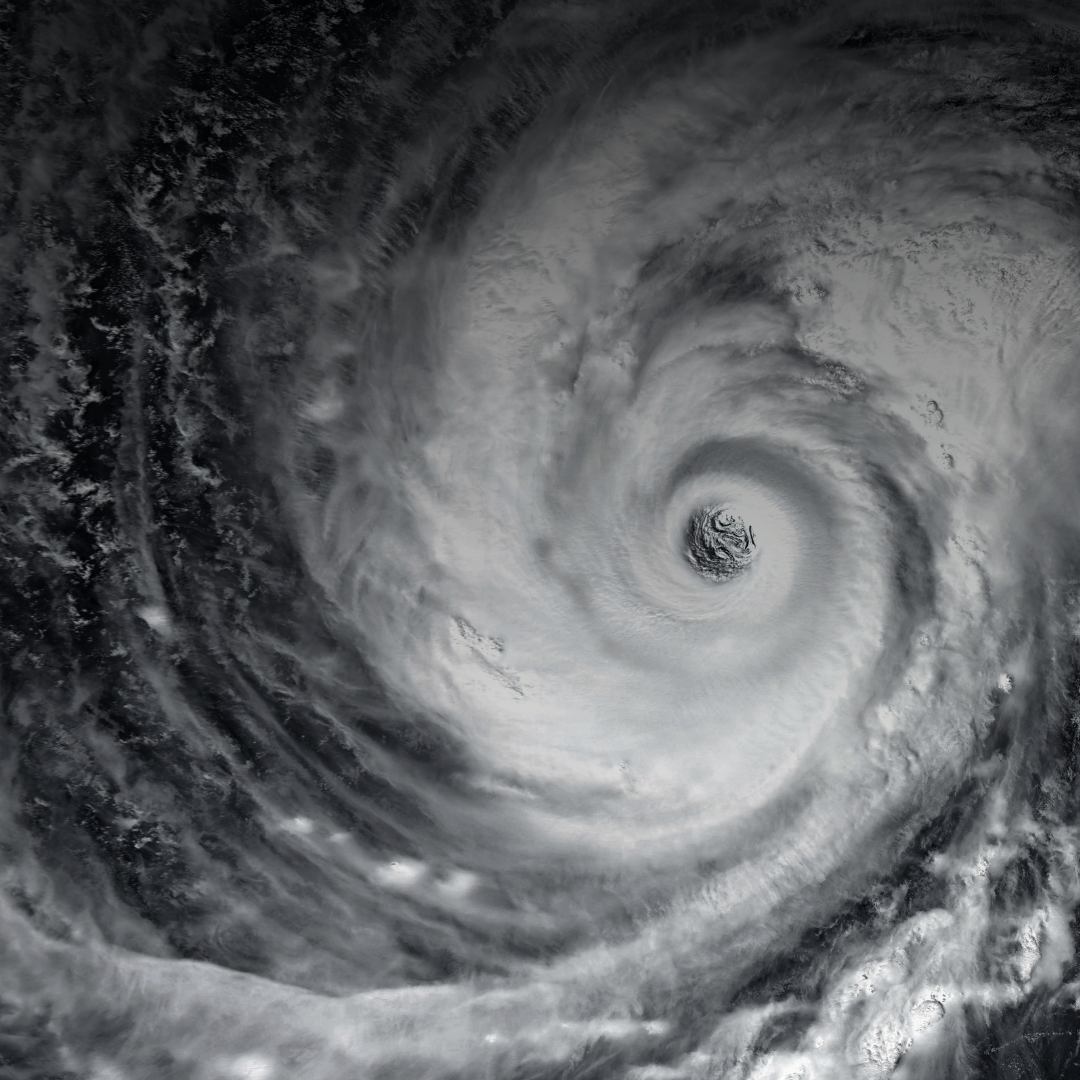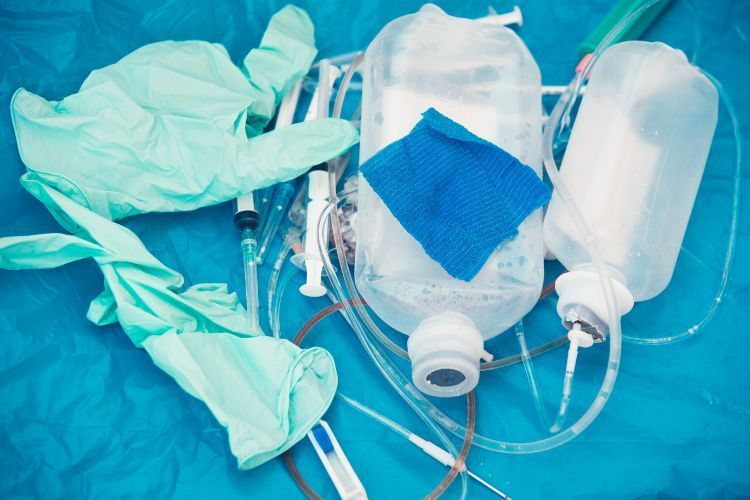The Golden Rules of Recycling
7 Golden Rules of Recycling
It's no secret that recycling is important. Not only does it help to cut down on waste, but it also conserve resources and protect the environment. However, recycling can be confusing. What can be recycled? What can't be recycled? How should it be done?
Never fear! We're here to help with a quick guide to the golden rules of recycling. Read on to learn more.
Rule 1: Check Local Requirements
Every municipality has different guidelines for what can and cannot be recycled. Some items that you might think are recyclable, like batteries or light bulbs, might actually be considered hazardous waste in your area. It's always best to check with your local recycling center or solid waste department to find out what items they accept.
Rule 2: Always Look To Reuse
One of the best things you can do for the environment is to avoid creating waste in the first place. That's why, whenever possible, you should look for ways to reuse items instead of recycle them. For example, using a reusable water bottle instead of a disposable plastic one, or opting for cloth towels instead of paper ones.
Rule 3: Know Your Exceptions For Recycling
While most recyclable materials can be thrown into your curbside bin, there are a few exceptions. Items like Styrofoam, plastic bags, and pizza boxes cannot be recycled through curbside programs and should be taken to special drop-off facilities instead.
Rule 4: Find A Home For Mixed-Materials
Some items, like chip bags or candy wrappers, are made from multiple types of materials that cannot be recycled together. In these cases, it's best to throw them away rather than try to recycle them.
Rule 5: Know What Constitutes Hazardous Waste
Hazardous waste includes items like batteries, cleaning products, fluorescent light bulbs, and pesticides. These items should never be thrown in the regular trash or recycling—instead, they should be taken to special hazardous waste facilities for proper disposal.
Rule 6: Recycle e-waste the right way
Electronic waste, or e-waste, is any item with a plug or battery that is no longer working or wanted. This includes items like computers, TVs, VCRs, cell phones, and small appliances. E-waste should never be disposed of in the trash—instead, it should be taken to an e-waste recycling facility for proper processing.
Rule 7: Remove Food And Liquids From Recyclables
Any food or liquid contamination will make recyclables ineligible for recycling collection programs as it can ruin an entire load of material being processed at a recycling facility. To prevent contamination, make sure to rinse out all food containers (like soup cans ), remove all lids, and drain any liquids before placing recyclables in your curbside bin. Remember: when in doubt, throw it out!
